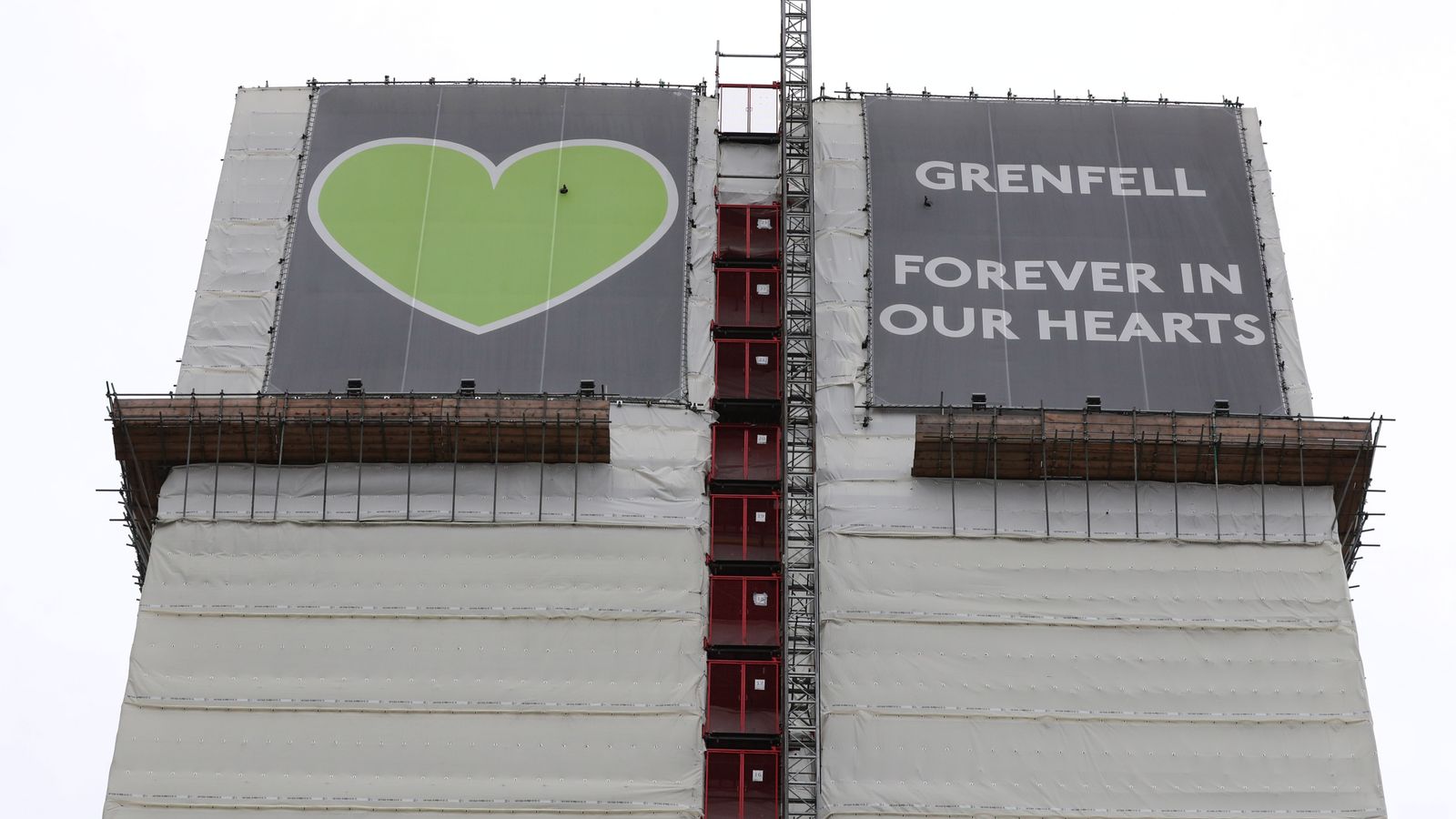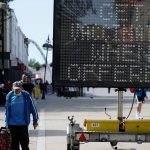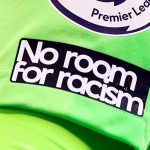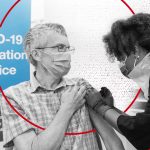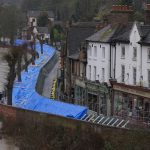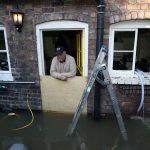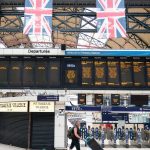It’s been a week of closing statements at the Grenfell Tower inquiry, but for the survivors, there is still no closure.
After the blaze that killed 72 people in June 2017, bereaved families expected arrests and prosecutions.
What they got instead, however, was a five-year inquiry – a “merry-go-round of buck passing”, the counsel to the inquiry said.
Richard Millet KC said: “Many core participants have adopted a particular technique – namely the deflection of criticism.”
He referred to a “spider’s web of blame”, created by the refusal of main participants to accept responsibility, which will make the job of the panel – tasked with examining the circumstances that led to the deaths – even harder.
To Paulos Tekle, who lived on the 18th floor, this is nothing short of an insult.
His face is sunken, his eye bags heavy. He went through every parent’s worst nightmare in burying his child.
Grenfell Tower: Duke and Duchess of Cambridge meet survivors on fifth anniversary of tragedy
Grenfell Tower fire: Survivor still ‘drives home’ to the ‘vertical village’ five years after the blaze
Grenfell anniversary: Shoddy workmanship, flammable cladding and unprepared firefighters – what the inquiry has heard so far
His young boy – whose name he wants to keep private – died as a result of the fire. He was five years old at the time.
He remembers him every day.
‘He wants to draw his brother and bring him back to life’
“I miss how he would welcome me when I would come home,” he recalls.
“He used to run up to me… and give me a hug.”
The inquiry has taken a toll on the entire family.
“My younger son, who was three at the time, finds it really difficult,” says Mr Tekle.
“Sometimes he asks me if he can listen to his voice on videos. He doesn’t want to forget. He was asked what would you wish for, if you were granted three things, what would you want to have? He asked for a magic pencil.
“What he’s trying to say… is that he wants to draw his brother, and bring him back to life.
“I’m not going to ask the chairman to bring him back using the magic pencil, but use the magic pencil to write strong recommendations.”
Government ‘failed to keep people safe’
But for Edward Daffarn who lived on the 16th floor of the tower, words are not enough. It’s been five years too many for him, and he wants accountability.
He told Sky News: “My hope is that the recommendations that come out of the public inquiry are fully implemented, and that if necessary, there is some sort of oversight mechanism, whether it’s a select committee or some other type of body, to ensure recommendations are carried through and acted upon.”
His cynicism, he says, comes from lessons not being learned.
“There were previous fires before Grenfell,” he said. “There was a fire in Knowsley Heights. There was a fire in Lakanal House. The government, whose primary job is to keep people safe, failed to do so.
“They care more about UK PLC rather than keeping people safe… which, is why we’re standing here today.”
Mr Daffern says lessons need to be learned before another tragedy strikes.
“Grenfell 2 is potentially in the post,” he warned. “As we speak, there are still homes up and down the country covered in exactly the same cladding as Grenfell.”
He added: “It’s five-and-a-half years after the tragedy. We need to ensure that we have meaningful change, and that we’re not standing here in five years time again, after another terrible fire.”
‘Clear definition of systemic racism’
Barrister for the bereaved and survivors Imran Khan KC says that race and unconscious bias is at the heart of what happened to Grenfell Tower.
He told Sky News: “There are 85% – people from minority ethnic communities – who died in the course of the fire at Grenfell.
“So the questions that ought to be asked is how is it, that the tower had that number of minority ethnic individuals, how was it that they were placed in there, how was it that they were treated during the course of the fire, and how were they treated afterwards.
“What we’ve heard during the course of the inquiry is that they were treated differently. We’ve heard accounts about race affecting people’s treatment. And I think that is the clear definition of institutional or structural or systemic racism. And this inquiry has got to deal with it. It’s the elephant in the room.”
For now, the evidence will be examined by the chair, and a report highlighting key findings and recommendations is expected to come out by next year.
